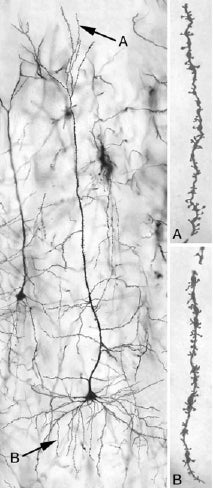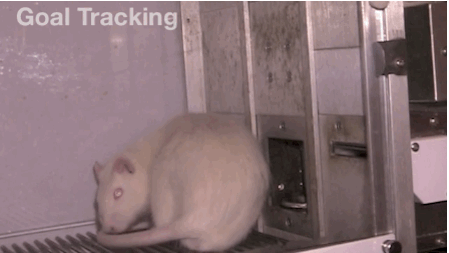Research in the Robinson lab focuses on long-term changes in brain and behavior produced by repeated exposure to drugs of abuse, and the role these play in the development of psychopathology, especially addiction. Much of this research has examined the phenomenon of psychomotor sensitization associated with the repeated intermittent administration of amphetamine and cocaine. For example, we have shown that repeated treatment with amphetamine or cocaine produces a very long-lasting hypersensitivity to the psychomotor activating effects of these drugs. In neurobiological studies we have established that behavioral sensitization is accompanied by enduring alterations in a number of neural systems, especially mesotelencephalic dopamine systems, including, for example, an enhancement in the ability of psychostimulants to elevate extracellular dopamine concentrations in the caudate nucleus and the nucleus accumbens and also structural changes in the morphology of dendrites on cells in brain reward systems, including the nucleus accumbens and prefrontal cortex. These latter findings suggest that exposure to drugs of abuse may alter patterns of synaptic connectivity in neural systems that mediate basic motivational processes, thereby altering a number of reward-related processes. Another line of research has concerned the ability of environmental (nonpharmacological) factors to modulate the development and expression of sensitization and the neurobiological mechanisms by which environmental context gates drug responsiveness, including the ability to modulate immediate early gene expression. In this latter line of research we hope to better understand how environmental and psychological factors interact with the neurobiological actions of drugs to promote forms of drug experience-dependent plasticity that may contribute to addiction. Finally, recent studies have explored individual differences in the extent to which reward-related cues come to control behavior. We have found that cues associated with food or drugs act as powerful incentives in some individuals, but not others, and are investigating the extent to which these differences may predispose some individuals to develop compulsive behavioral disorders, including addiction.
Behavioral Neuroscience Lab in the Department of Psychology



